Lamb prices are on the rise this week, and with no big flush of numbers expected over the next few weeks, the trade looks set to remain strong into the autumn.
Prices have been buoyed by increased competition among factory buyers in the marts working for plants on both sides of the Irish border.
Mart managers indicate prices are up by £3 to £5 per head on last week, putting the vast majority of factory-fit animals around £97 to £98/head.
Heavier, butcher type animals typically range from £100 to £106/head, with more on offer for exceptional lots.
Local processing plants are trying to keep a lid on the trade, leaving official base quotes unchanged at 440p/kg at the start of the week.
However, this has been unsuccessful given the strength of the trade in marts, and most were forced to increase prices midweek or risk losing out on supplies.
Farmers report deals of 460p on offer midweek, with regular sellers offloading big numbers offered deals of 465p/kg.
Annual comparison
At a factory price of 460p/kg, fat lambs are currently 80p/kg ahead of the same week last year.
This makes a 21kg carcase worth an additional £16.80 when compared to last August, and almost £14 more compared to 2018 levels.
Tighter supplies
Supplies of factory-fit lambs have tightened significantly after a surge in animals drafted during July. Factory throughput is up by approximately 24,000 compared to last year, and over 28,000 head above 2018 levels.
Exports to Irish slaughter plants is also up 5% year on year, which equates to an additional 10,000 sheep moving south for processing.
Farmers killing lambs off grass have seen kill-out percentage falling by 2% to 3% compared to animals finished in July, so are holding lambs longer to increase sale weight and maximise carcase value.
Breeding sheep
Prices for breeding hoggets are running £30 to £40 ahead of last year with £160 to £190 commonly paid at most sales held in recent weeks.
As prices for breeding sheep increase, there are reports that more farmers are retaining ewe lambs for breeding as an alternative to purchasing replacements.
Retaining home-bred replacements will limit the availability of finished animals coming on to the market.
Read more
Sheep price update: factory resilience weaker on price
PGI and Bord Bia grass-fed standard: your questions answered
Lamb prices are on the rise this week, and with no big flush of numbers expected over the next few weeks, the trade looks set to remain strong into the autumn.
Prices have been buoyed by increased competition among factory buyers in the marts working for plants on both sides of the Irish border.
Mart managers indicate prices are up by £3 to £5 per head on last week, putting the vast majority of factory-fit animals around £97 to £98/head.
Heavier, butcher type animals typically range from £100 to £106/head, with more on offer for exceptional lots.
Local processing plants are trying to keep a lid on the trade, leaving official base quotes unchanged at 440p/kg at the start of the week.
However, this has been unsuccessful given the strength of the trade in marts, and most were forced to increase prices midweek or risk losing out on supplies.
Farmers report deals of 460p on offer midweek, with regular sellers offloading big numbers offered deals of 465p/kg.
Annual comparison
At a factory price of 460p/kg, fat lambs are currently 80p/kg ahead of the same week last year.
This makes a 21kg carcase worth an additional £16.80 when compared to last August, and almost £14 more compared to 2018 levels.
Tighter supplies
Supplies of factory-fit lambs have tightened significantly after a surge in animals drafted during July. Factory throughput is up by approximately 24,000 compared to last year, and over 28,000 head above 2018 levels.
Exports to Irish slaughter plants is also up 5% year on year, which equates to an additional 10,000 sheep moving south for processing.
Farmers killing lambs off grass have seen kill-out percentage falling by 2% to 3% compared to animals finished in July, so are holding lambs longer to increase sale weight and maximise carcase value.
Breeding sheep
Prices for breeding hoggets are running £30 to £40 ahead of last year with £160 to £190 commonly paid at most sales held in recent weeks.
As prices for breeding sheep increase, there are reports that more farmers are retaining ewe lambs for breeding as an alternative to purchasing replacements.
Retaining home-bred replacements will limit the availability of finished animals coming on to the market.
Read more
Sheep price update: factory resilience weaker on price
PGI and Bord Bia grass-fed standard: your questions answered



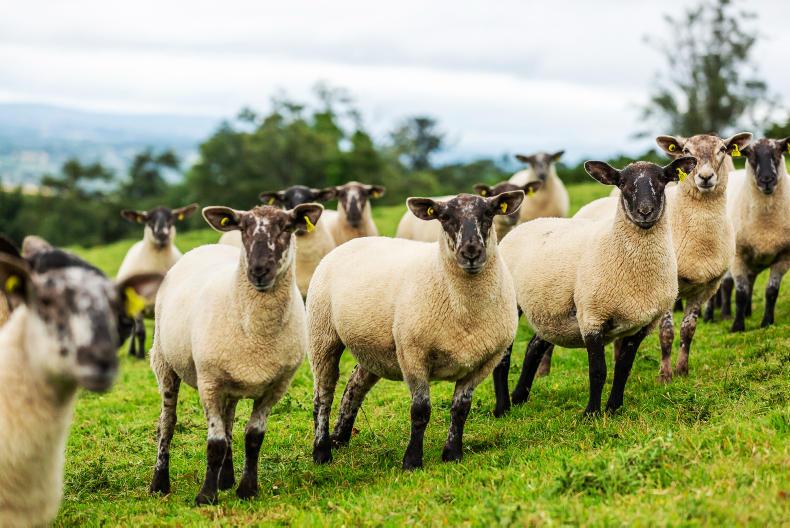

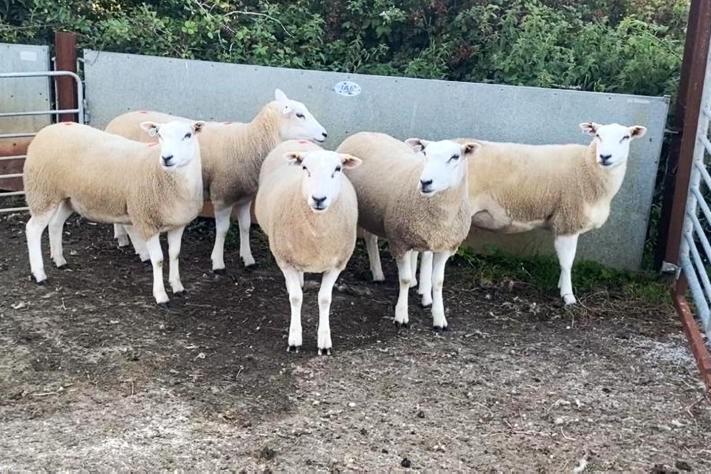

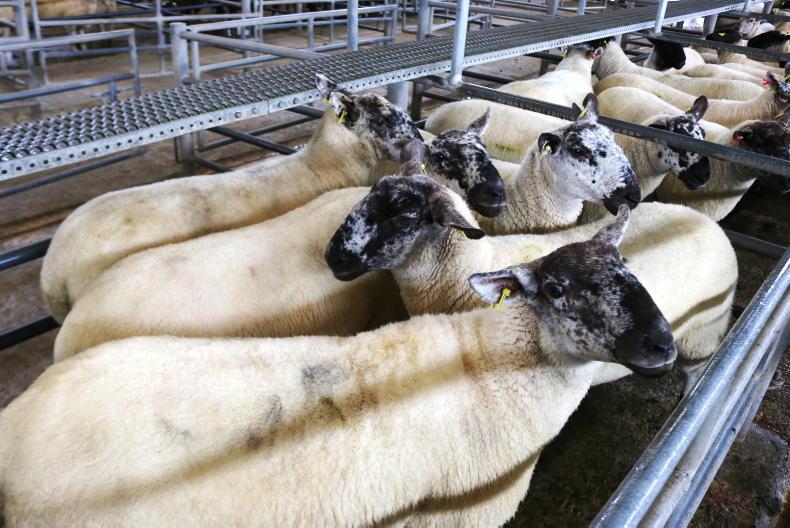
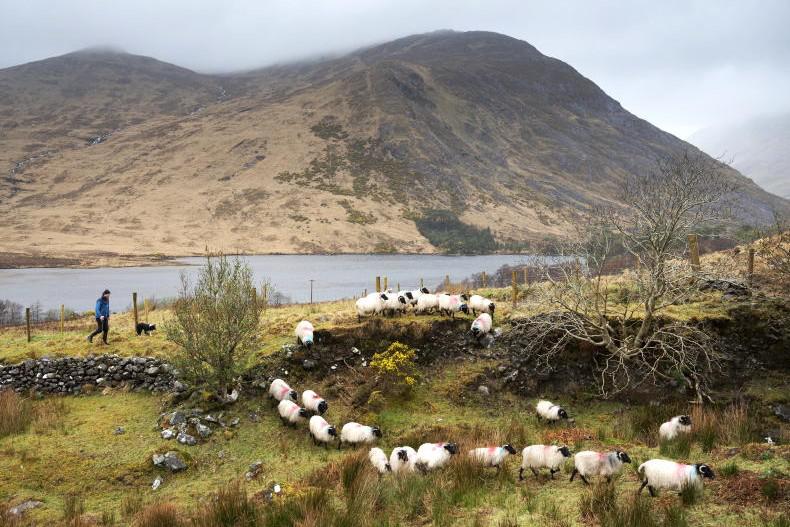
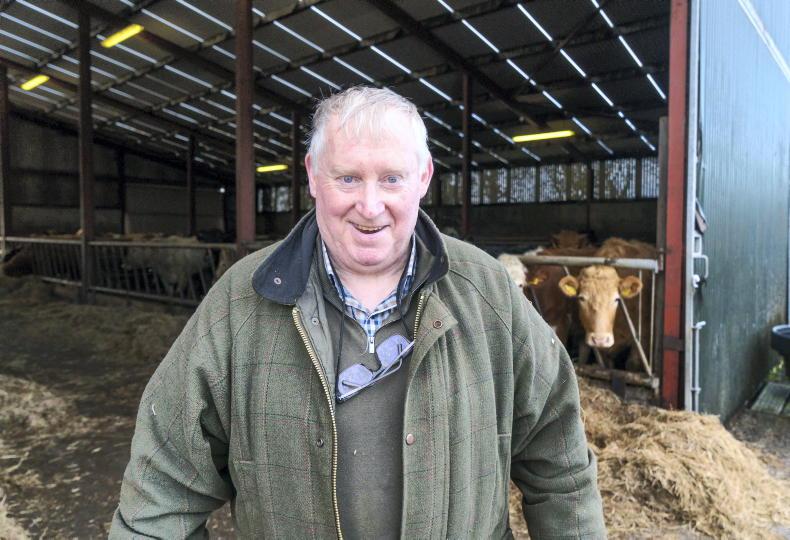
SHARING OPTIONS